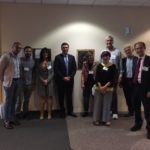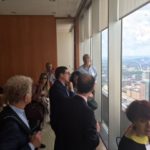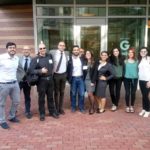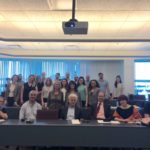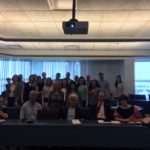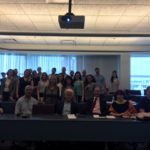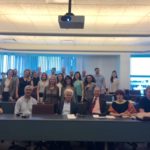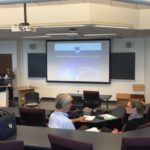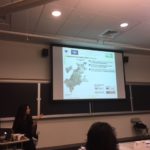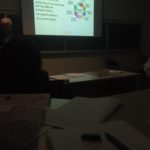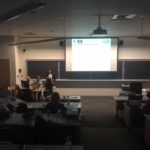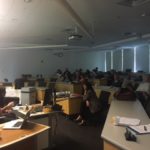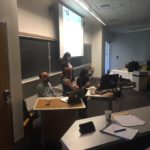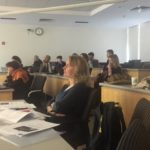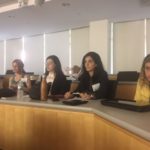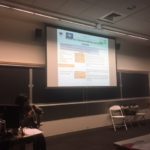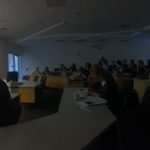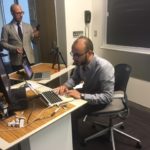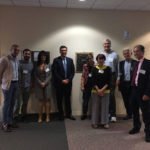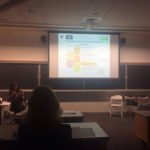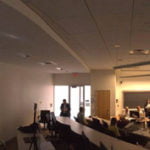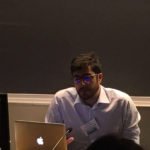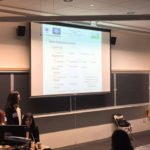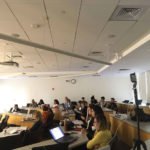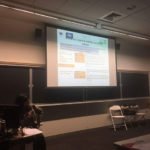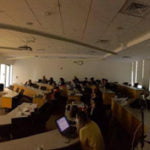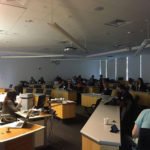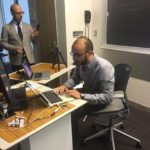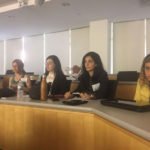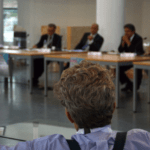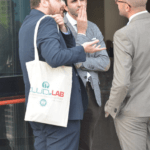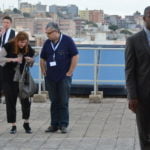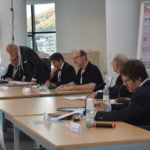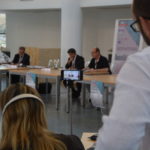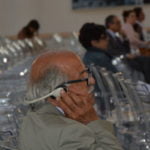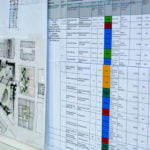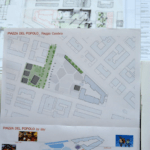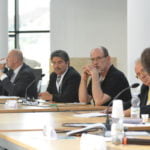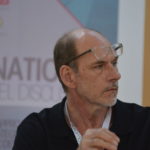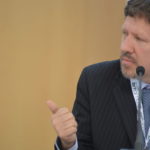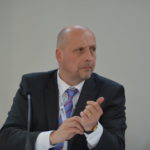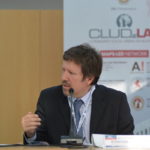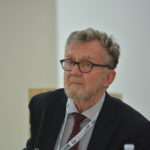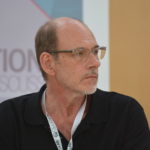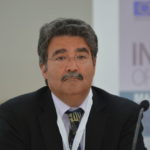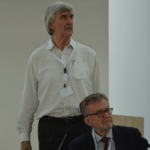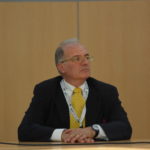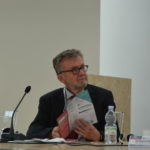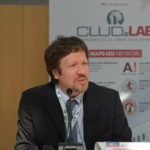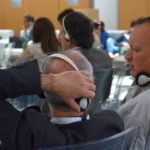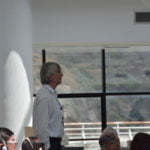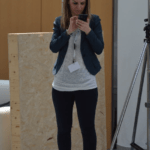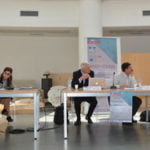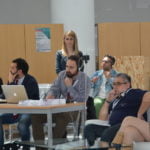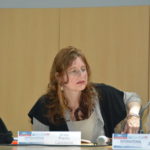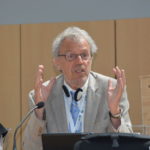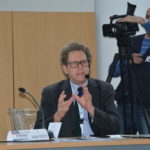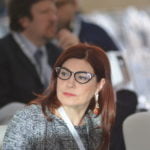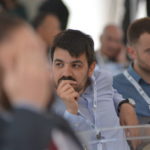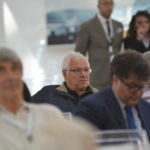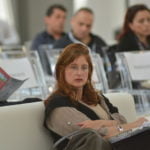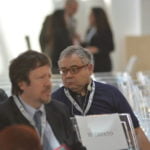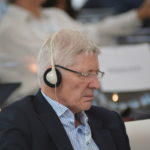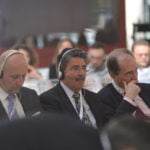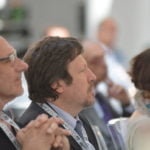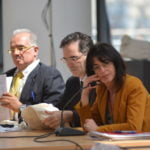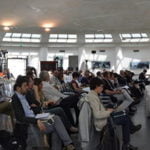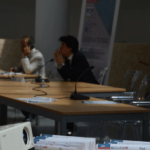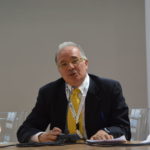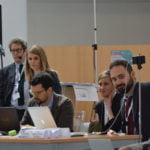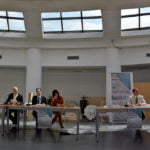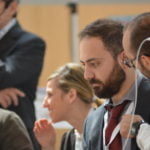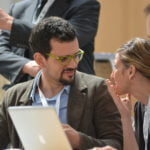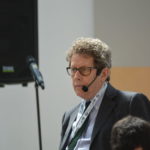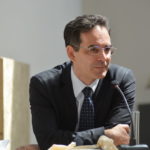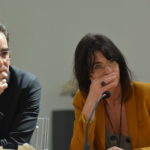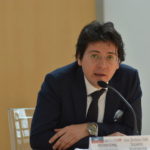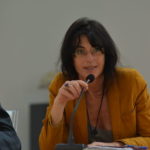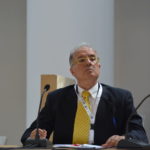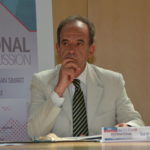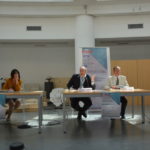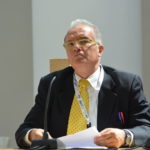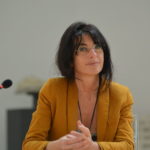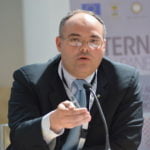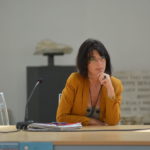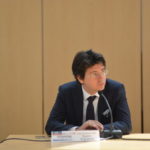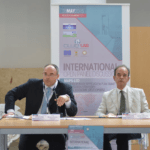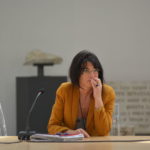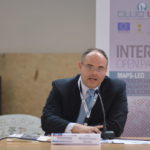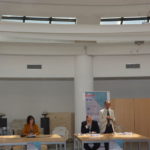
MAPS-LED Project Symposium 2018
The 3rd edition of the International Symposium “New Metropolitan Perspectives” aims at facing the challenges of Local Knowledge and Innovation dynamics towards territorial attractiveness through the implementation of the Horizon/EU2020 Agenda. The symposium is jointly promoted by CLUDsLab and LaborEst Laboratories of PAU Department, Università Mediterranea of Reggio Calabria (IT), in partnership with a qualified international network of prestigious academic institutions and scientific associations. It represents the conclusive event of the MAPS-LED Research Project (Multidisciplinary Approach to Plan Smart Specialisation Strategies for Local Economic Development) funded by the European Union’s Horizon 2020 Research and Innovation Programme, under the Marie Skłodowska Curie Actions – RISE 2014/2019. The main aim of RISE Actions is to favor the mobility of Experienced and Early Stage Researchers between Europe, Associated and Third Countries.
The project empowers the strong international research network built up with the CLUDs Project (7FP) through the exchange of researchers, ideas and practices between EU and US. To date, about 40 experienced and early stage researchers benefited of from the Project mobility towards US, at the Northeastern University of Boston, and the San Diego State University and vice-versa. The researchers, coming from the Higher Education Institutions (HEIs) belonging to the MAPS-LED network, had the opportunity to increase their research, training and networking skills thanks to the high exposure to the international scientific community.
The MAPS-LED Symposium represents a fundamental event to disseminate research findings and for stimulating a fruitful debate among scientific and policy-makers’ community. The core of the research activities has earmarked for exploring how Smart Specialisation Strategies (S3) can be implemented by incorporating the place-based approach towards regenerating local economies.
The results coming from the MAPS-LED project research activities stimulated the scientific ground around key elements triggering the change through S3; as well as, the understanding of its (current and potential) limits. The participation of international experts involved in the S3 design and the RIS3 implementation, in addition to the academic contributions coming from different disciplines, highlighted the potentials of the projects’ proposed ‘multidisciplinary approach’, allowing to boost up knowledge convergence in an a-sectorial rationale.
The Symposium represents the opportunity to the development of innovation-oriented models for the exploitation and valorization of local assets involving different disciplines and in on a multilevel governance perspective. The contribution offered through the symposium, by either enriching the academic debate and providing evidence-based solutions for the implementation of economic development strategies, is attributed by wide scope and marked cross-cutting dimension.
The structure of the symposium is reflected on a multidisciplinary scale, each session presents topics and arguments which are, to some extent, ingrained within overall framework of the MAPS-LED project, while they are expected to open up windows of opportunity for further studies and research.
Consistently, the Symposium focuses on analyzing, at different scales and under numerous perspectives, the strategies, objectives, and impacts of local economic development and innovation processes, to achieve a smart sustainable and inclusive growth.
Summing-up, the Symposium, and the contributions to its sessions, manifest the effort to re-proposing the multidisciplinary approach implemented within the MAPS-LED research project in a conference-based-dimension.
The participation to the Symposium of international experts as well as academics from different disciplines provides interesting insights for the RIS3 evaluation and monitoring processes for the post 2020 programming period. The multidisciplinary approach to plan smart specialisation strategies proposed with the MAPS-LED project emerged as crucial to properly pursue the local economic development in the S3 perspective. Hence, the MAPS-LED project appears at forefront into this research domain.
WEB
http://www.isth2020.unirc.it
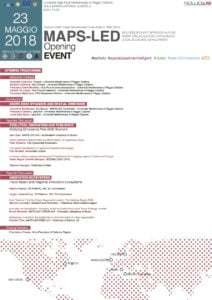
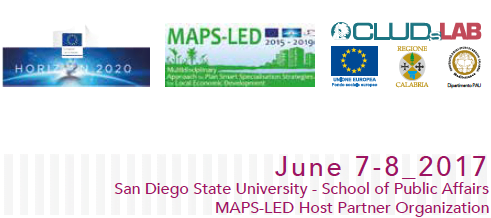
MAPS-LED Project – Second Midterm Meeting
San Diego, CA, USA June 2017
S3: CLUSTER POLICY & SPATIAL PLANNING
The midterm meeting presents the findings of research conducted on the spatial/territorial dimension of Smart Specialisation Strategies. In particular, the discussion will integrate the preliminary findings of research activities accomplished during the first year of the MAPS-LED Project to search, across the whole domain of innovation policy and its practical expression, a methodological framework in which the “place” acquired a specific connotation in designing “tailored policy” for innovation and knowledge spillovers. A new approach, for the urban dimension issue within cohesion policy, is presented combining trough knowledge based urban development principles with urban regeneration mechanism in designing innovation policy from urban to regional level.
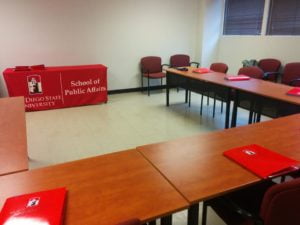
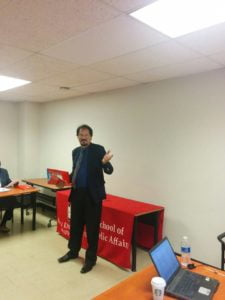
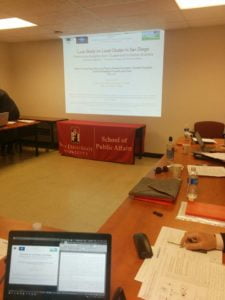
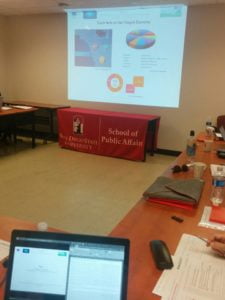
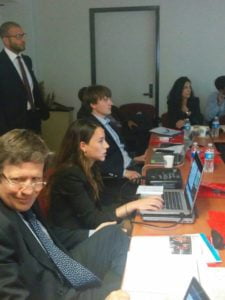
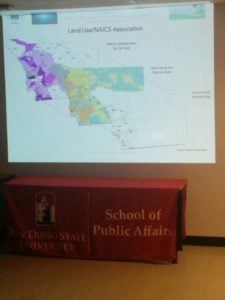
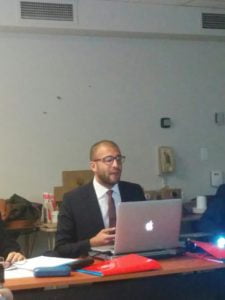
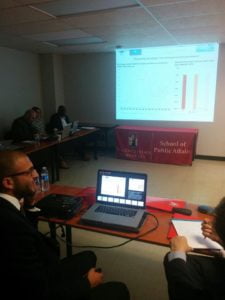
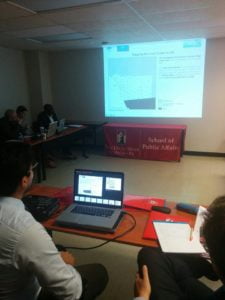
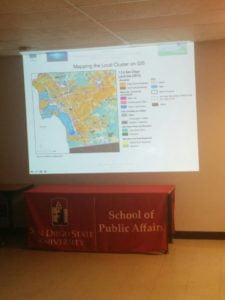



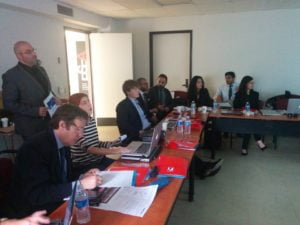
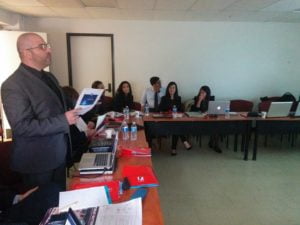
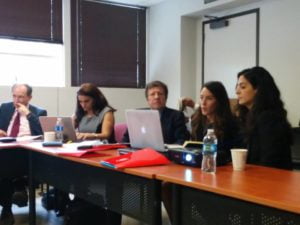
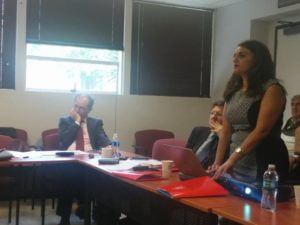
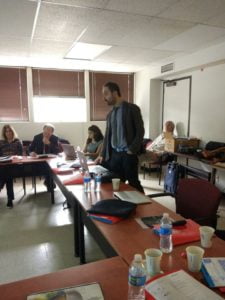
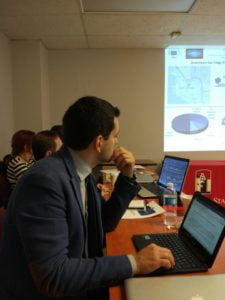
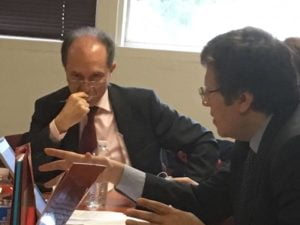
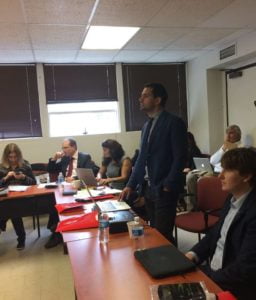
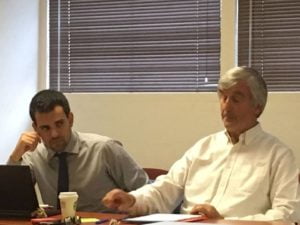
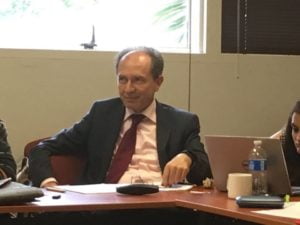
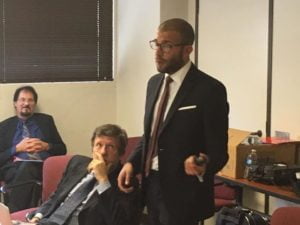
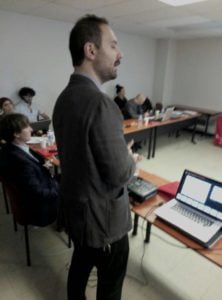
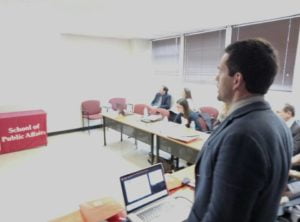
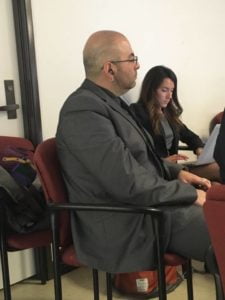
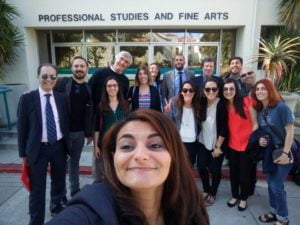
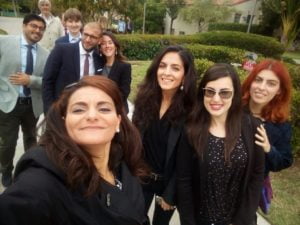
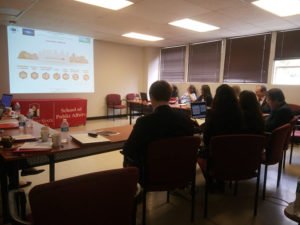
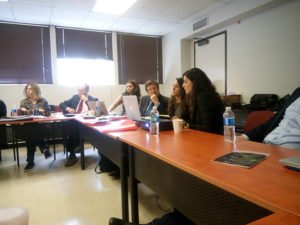
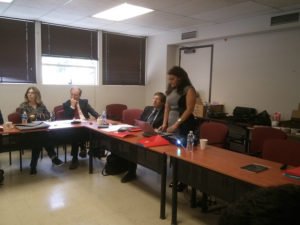
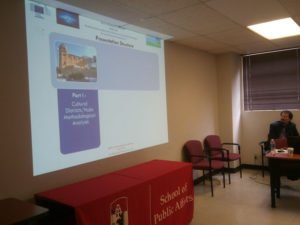
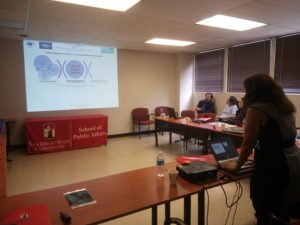
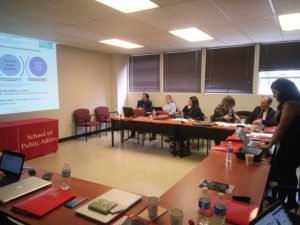
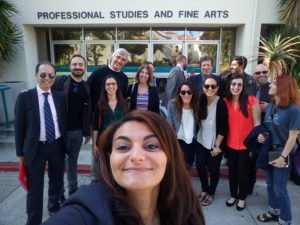

MAPS-LED Project – Second International Workshop
Manchester, UK, September 2017
The MAPS-LED Second International Workshop is a milestone of the wider MAPS-LED project. It took place during the International Research Week hosted by the University of Salford (SOBE partner of the MAPS-LED project) between the 11th and 15th of September 2017. The aim of the workshop was to disseminate the results of the research activities – conducted in Boston and San Diego- and enhance the potential impact of the research by involving external experts and potential local users in the mid-term assessment stages of the research process. The research activities focused on the urban dimension of innovation and how public policies support local innovation ecosystems and entrepreneurial knowledge within the (local) clusters. These elements play a central role in US socio-economic and physical transformation, favoring knowledge-based urban regeneration processes. This new approach was outlined by the MAPS-LED experienced and early stage researchers’ contributions and presentations during the Workshop, which saw the participation of the MAPS-LED project partners, the international academic community and local and national stakeholders from the United Kingdom and other EU countries.
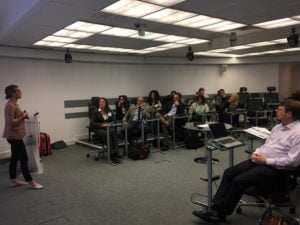
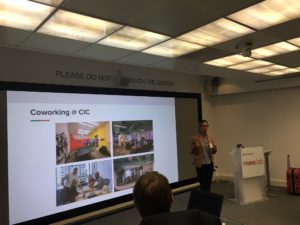
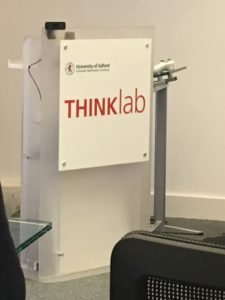
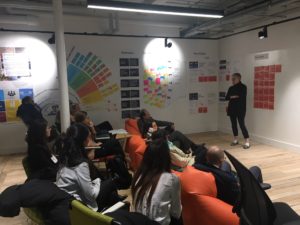

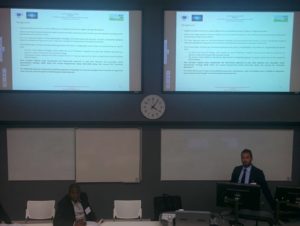
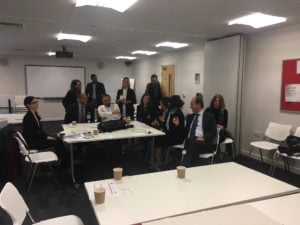
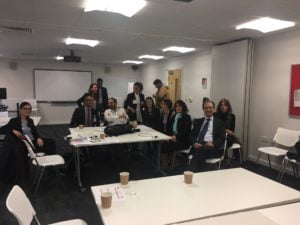
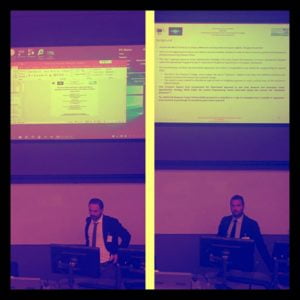
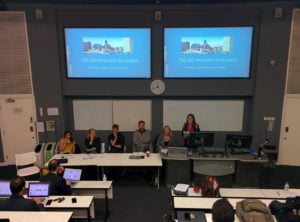
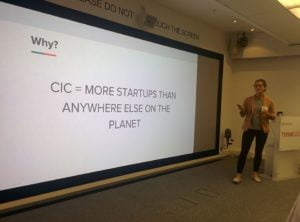
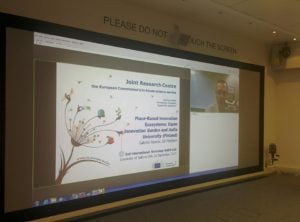
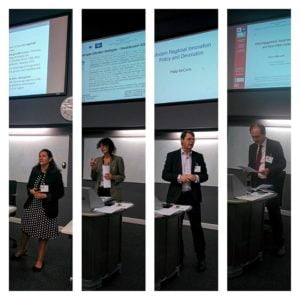
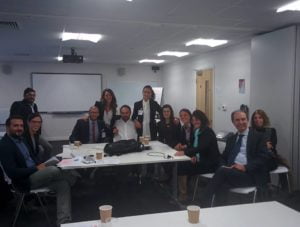
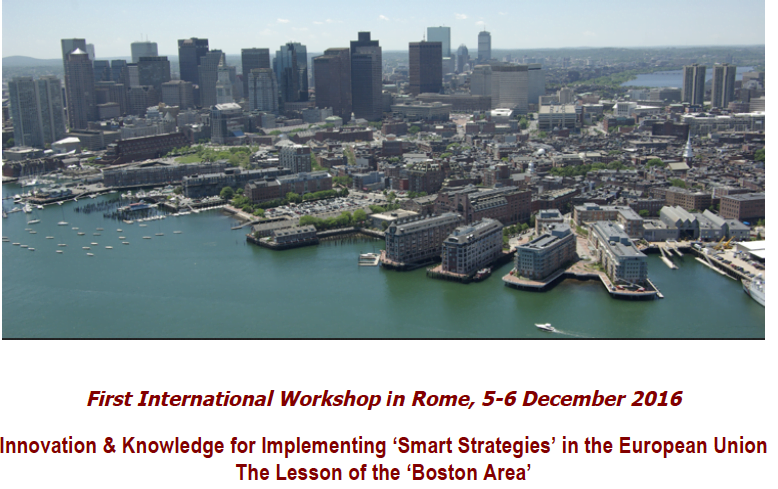
MAPSLED Project – First International Workshop
Rome, 3-4 December 2016
The Workshop is specifically oriented in delivering critical reflections and significant contributions for the development of the main goals of MAPS-LED research project. In particular, crucial, in depth contributions and dialectic positions are expected to be presented and discussed – within sessions and round tables – by distinguished invited experts and numerous stakeholders, in order to build significant connections between the Greater Boston case findings and the virtuous interpretation of Smart Specialization Strategies and Cluster policies in the European territorial context.
Critical contributions, discussions, comments and remarks emerging from presentations and debates will be finalized to the construction of WP2 deliverables, and in particular to the 2nd MidTerm Scientific Report ‘Book of lessons learnt on successful clusters from the Boston cases’
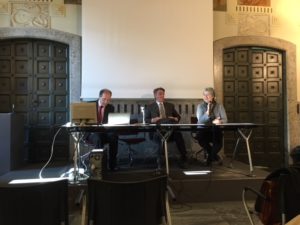
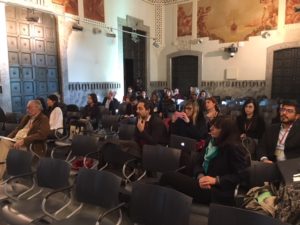
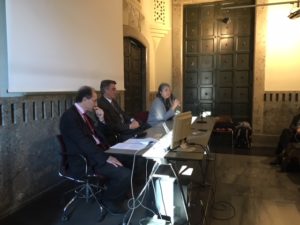
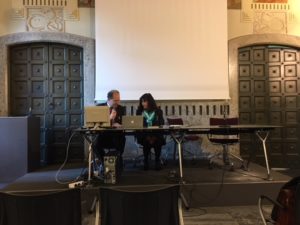
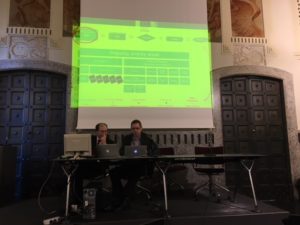
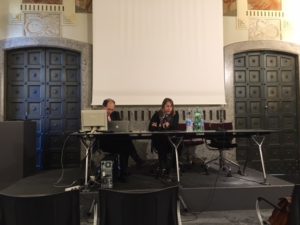
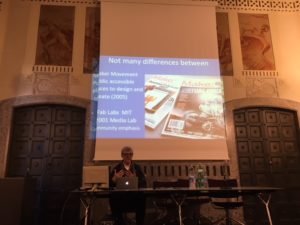
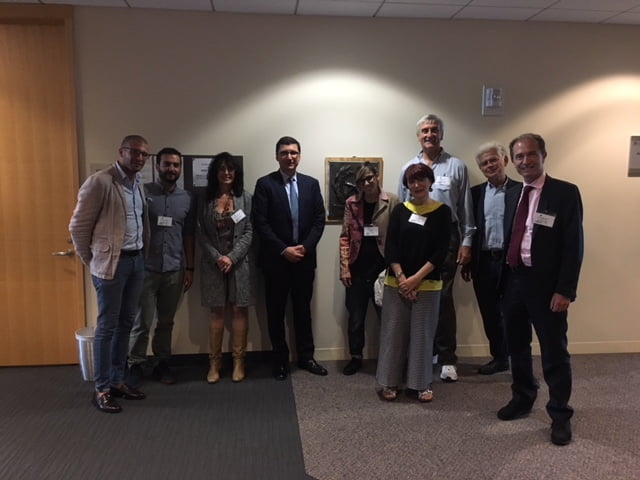
MAPS-LED Project – First Mid-Term Meeting
June 2016, Boston (MA)
The MAPS-LED First Mid Term Meeting took place in Boston at Northeastern University – Department of Economics on the 6th and 7th of June 2016. The meeting was developed in coherence with the planned activities of the MAPS-LED Research Project – Horizon 2020 Marie Sklodowska-Curie RISE 2014.
The event saw the participation of the European Commission represented by Ms. Desislava Kolarova Project adviser for the European Commission REA, Unit A3.
Experienced and Early Stage Researchers belonging to the International Research Network of the Project reported about the research activities conducted on the Working Package No. 1 (S3: Research and Innovation Strategy) and No. 2 (S3: Cluster Policy and Spatial Planning).
The meeting has been crucial in exchange ideas and gather new insights about the Smart Specialisation Strategies and Clusters which were the two topics analysed. Researchers introduced interesting insights about the relationship between Smart Specialisation Strategies, Cluster policy and Spatial Planning presenting the studied Cluster Policy Initiatives
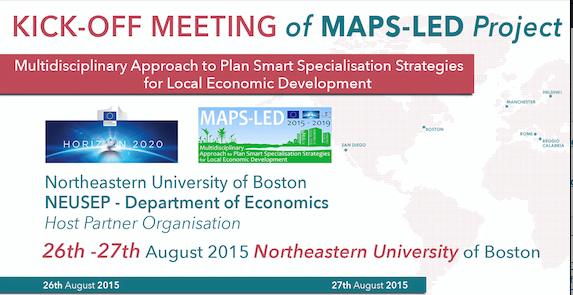
MAPS-LED Project – Kickoff Meeting
Boston, August 2015
The Northeastern University Department of Economics hosted the 2015 Kick-Off meeting of the MAPS-LED research project from August 26 to August 27.
MAPS-LED “Multidisciplinary Approach to Plan Smart Specialisation Strategies for Local Economic Development” is a Marie Sklodowska-Curie RISE research project funded by the European Union’s HORIZON 2020 program for Research and Innovation (http://ec.europa.eu/programmes/horizon2020/en/what-horizon-2020).
The RISE Program aims to strengthen research partnerships concerning innovative issues by the exchange of researchers among EU and Non-EU countries.
Participating Universities:
Università degli Studi “Mediterranea” Reggio Calabria PAU
Università degli Studi “La Sapienza”
Salford University of Manchester
Aalto University
Northeastern University
San Diego State University

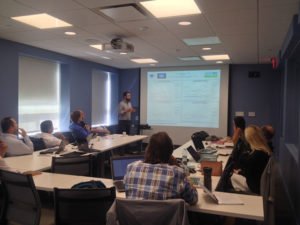
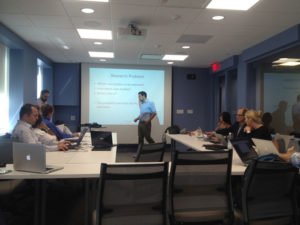

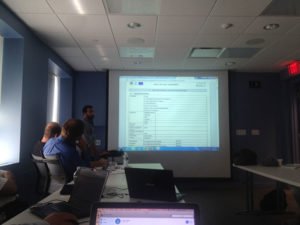
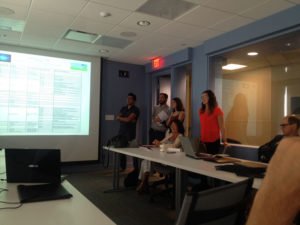
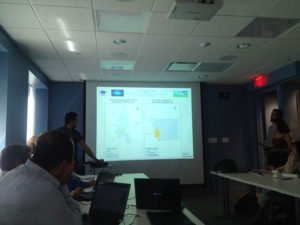
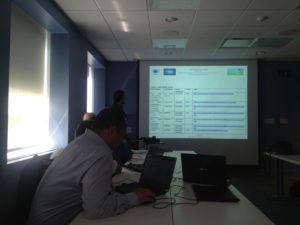
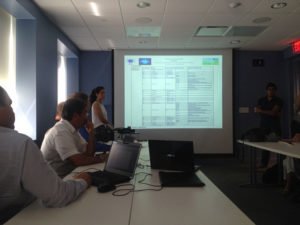
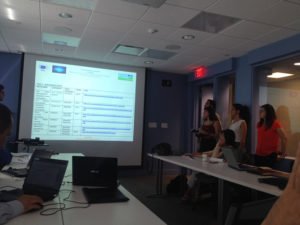
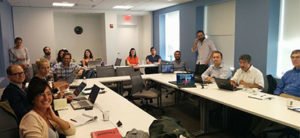
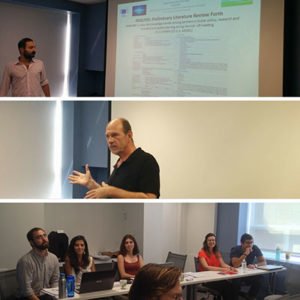
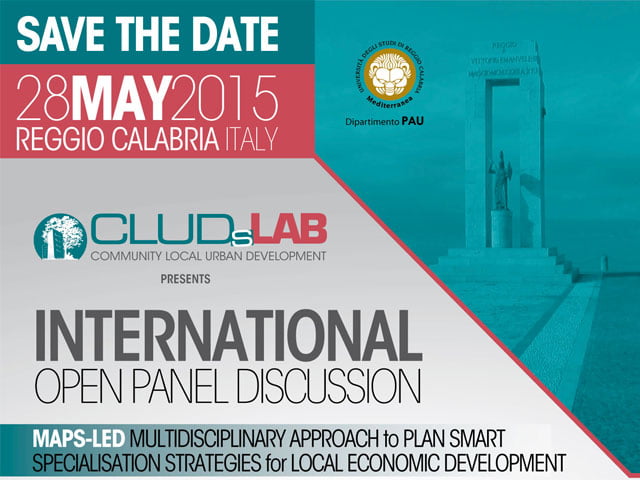
MAPS-LED Project – Open Panel Discussion
MAPS-LED “Multidisciplinary Approach to Plan Smart Specialization Strategies for Local Economic Development” is a Marie Sklodowska-Curie RISE research project funded by the European Union’s HORIZON 2020 program for Research and Innovation. The project intends to examine how S3 can be implemented, with respect to the new agenda of Europe 2020, by incorporating a place-based dimension.
The main aims are:
1) to identify and examine S3 in terms of spatial, social and environmental factors;
2) to take into account local needs and opportunities driving regional policy interventions not only to emphasize “Key Enable Technologies”, but also to empower local innovation process – tacit knowledge, embedded social networks, innovative milieu.
Guest Speakers
Jesse Marsh
Atelier Studio
Andreas Faludi
Delft University of Technology
Dominique Foray
Polytechnique de Lausanne
Silvia Viviani
President of INU
Jan Maarten de Vet
Director of ECORYS Brussels
Paola Casavola
Head of Evaluation Unit at Department of Development and Social Cohesion, Ministry of Economic Development
Riccardo Padovani
Director of SVIMEZ
Mike Hardy
Coventry University (UK)
Francesca Moraci
Professor in Urban Planning
Universita’ degli Studi “Mediterranea”
Roberto Mavilia
Bocconi University, CRIOS
Felice Arena
Vice Rector for ‘Technology Transfer’ and Professor of Ocean Engineering
Universita’ degli Studi “Mediterranea”
MAPS-LED Network
Carmelina Bevilacqua
Project Coordinator
Universita’ degli Studi “Mediterranea”
PAU
Massimiliano Ferrara
Contact Coordinator
Universita’ degli Studi “Mediterranea”
PAU
Vincenzo Provenzano
Contact Coordinator PAU
Universita’ degli Studi di Palermo
Michela Felicetti
Contact Coordinator PAU
Universita’ degli Studi e-Campus
Bruno Monardo
Professor in Urban Planning
Universita’ degli Studi “La Sapienza”
FOCUS
Christer Bengs
Professor in Spatial Planning
AALTO University (FI)
AALTO
Erik Bichard
Professor in Urban Regeneration
University of Salford (UK)
SOBE
Alan Dyer
Professor in Economics
Northeastern University of Boston (US)
NEUSUP
Nico Calavita
Professor in Community Planning
San Diego State University (US)
SDSU

